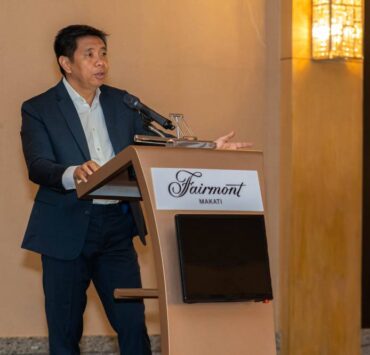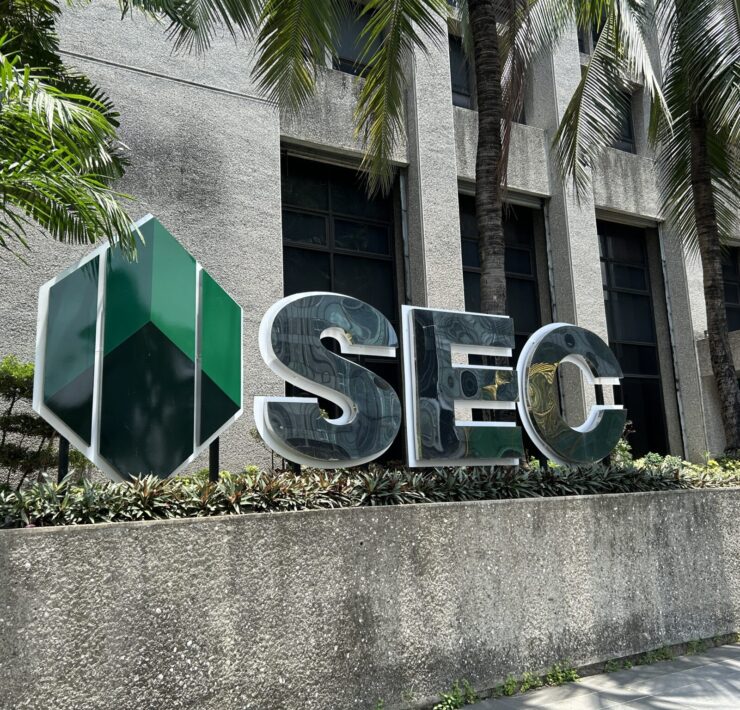Level playing field for all telcos

Ahead of the endorsement to President Marcos for his signature of the proposed Konektadong Pinoy Act, the Philippine Chamber of Telecommunications Operators (PCTO), an organization of the country’s leading telecommunication companies, expressed its opposition to some of the bill’s provisions.
The bill aims to improve the quality and affordability of internet services in the country by increasing competition among service providers and offering more data options to the public.
But the PCTO warned that the bill could “lead to national security vulnerabilities, weaken regulatory oversight and destabilize the telecommunications sector in the long run.”
Among others, it decried the provision that allows new data transmission players to operate without securing a legislative franchise or certificate of public convenience and necessity, which existing telcos are required to secure before they can operate.
Then there is the provision that exempts satellite direct access services from any form of registration or authorization from the Department of Information and Communications Technology and the National Telecommunications Commission (NTC).
Note that under existing regulations, the spectrum (or the frequency bandwidth through which voice and data transmissions are done) that satellites use is considered a valuable asset of the government and so the NTC imposes spectrum fees on telcos that run in the millions of pesos depending on their commercial value.
What’s more, the bill does not require new telco entrants to serve areas in the country that, on account of their geographical or poor economic status, would not assure generous returns on investments.
Thus, without any obligation to serve “missionary” areas, the new kids in the block are expected to choose to operate only in developed (or potentially lucrative) commercial and residential sites that can do wonders to their bottom line.
As things stand at present, it is apparent the bill wants to treat new internet service providers like “golden children” who would be pampered with perks and privileges that their older siblings had not been given.
This is not the first time the government is addressing the need to improve telco services in the country by imposing changes in the playing field.
In 1995, Congress enacted the Public Telecommunications Act (Republic Act No. 7925), whose fundamental objective is “… to develop and maintain a viable, efficient, reliable and universal telecommunication infrastructure using the best available and affordable technologies, as a vital tool to nation building and development.”
The law spelled out the guidelines and parameters on how telcos should operate among themselves and most importantly, how rates and tariffs for services should be determined, with the view to accomplishing the objective earlier mentioned.
To ensure that the playing field for telcos is on the same level, i.e., no telco would be given preferential treatment by the government, the law provides that “… any advantage, favor, privilege, exemption, or immunity granted under existing franchises, or may hereafter be granted, shall ipso facto become part of previously granted telecommunications franchises and shall be accorded immediately and unconditionally to the grantees of such franchise.”
The idea is, when telcos compete against each other toe to toe without anyone enjoying any government-provided advantage, they are motivated to provide their customers the best services at affordable prices, otherwise they risk losing their patronage.
Since telcos are highly capitalized, that it is a situation they cannot afford to happen.
Although it may make good business sense to give incentives to new telco entrants to meet the country’s need for digital services, that effort should not be done at the expense of or to the prejudice of those that have been in operation for decades.
As the saying goes, do not strengthen the weak by weakening the strong. The objectives of the proposed Konektadong Pinoy Act can be achieved without beggaring meaningful commercial competition.
For comments, please send your email to rpalabrica@inquirer.com.ph.





















